Corporate Australia has misread the national mood: Fenwick
One of the largest donors to the No campaign has warned that conservative viewpoints are being deliberately stamped out of the nation’s boardrooms, as the gulf widens between corporate Australia and the average person.
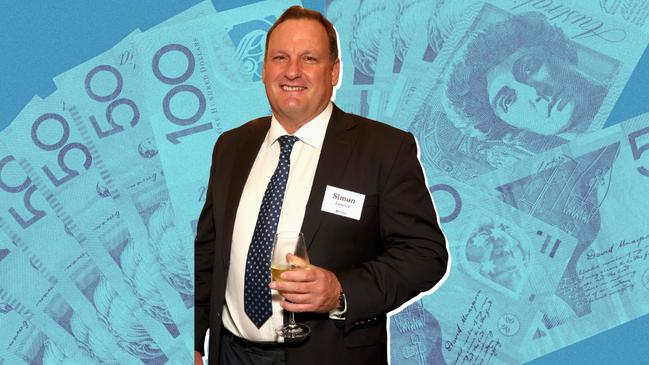
Simon Fenwick – one of the top five donors to the No campaign – has hit out at corporate Australia for misreading the national mood on the Voice to parliament, warning that conservative viewpoints were being deliberately stamped out of the nation’s boardrooms.
The 53-year-old who left Brisbane in the mid-1990s for London and New York where he helped start up the multibillion-dollar fund management firm International Value Advisers has voiced alarm at what he believes is a growing gulf between corporate Australia and the average Australian.
He warned there was a double standard, where wealthy donors to progressive causes did not face the same stigma or backlash as conservative donors and that start-ups he was working with had been targeted because of his stance on the referendum.
“Mike Cannon-Brookes is willing to donate to fashionable causes. He finds little or no backlash in most of the mainstream media. However, if you donate to conservative causes, there is an aggressive backlash and the progressives are very aggressive and cunning at targeting this,” Mr Fenwick said.
“Where it gets more concerning is where small businesses, where I am on the board, are being targeted … The claim being that I’m against the Voice, therefore I am anti-Aboriginal therefore you should cancel working with them,” Mr Fenwick said.
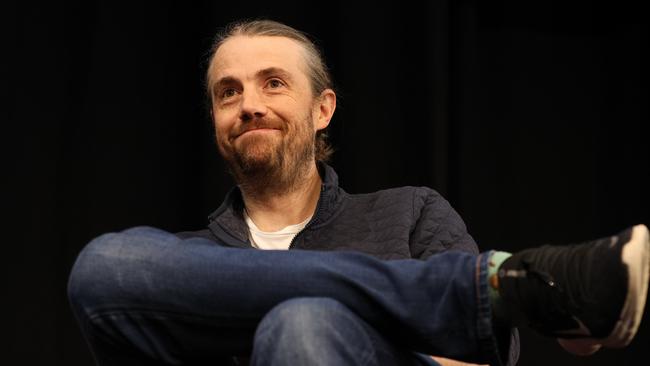
Speaking publicly about his decision to donate $750,000 to the No campaign, Mr Fenwick said he was deeply concerned the Voice to parliament would divide the country, “creating a permanent grievance industry which is something I witnessed in the US”.
Mr Fenwick – who also sits on the board of free-market think-tank the Institute of Public Affairs – told The Australian he had made three separate donations of $250,000 since April towards the Fair Australia campaign and argued it was important to speak out given the lack of support for the No case from big business donors.
“In terms of the CEOs of the publicly listed ASX 200, I don’t believe there’s a single No,” Mr Fenwick said.
“How could so many CEOs read the temperature so badly (on the Voice)? What gives them the right to think they speak for the shareholders, customers and staff? I would say it’s hubristic.
“I hope this is the start of a process to get back to focusing on bread-and-butter issues and running their companies.”
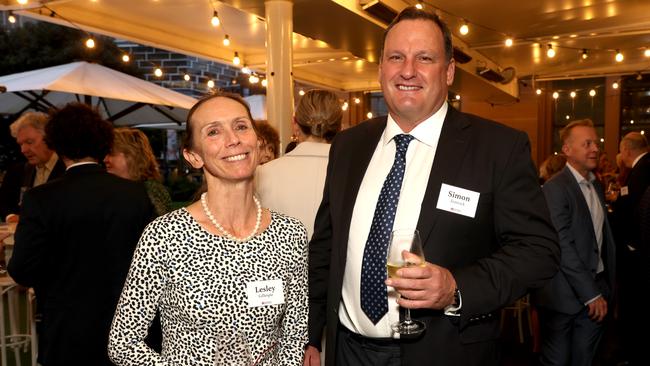
Mr Fenwick also said there was a distinction between opposing the Voice and supporting efforts to close the gap, saying that a lot of his philanthropic work was aimed at “moving the needle on Aboriginal outcomes”.
Nine years ago, he established a scholarship endowment at Brisbane Grammar School for Aboriginal students and he sits on the board of the University of Queensland endowment fund aimed at providing opportunities to disadvantaged students.
Mr Fenwick said he was a supporter of the Yalari organisation, a not-for-profit organisation offering education scholarships for Indigenous children from regional, rural and remote communities.
“This struck me as an area where Australia was really lagging behind, because in many respects Australia had become a much wealthier country in the two decades I’d been away and yet outcomes for our most disadvantaged people were more or less flat,” he said. “And so in speaking to a few people about it, it seemed the best way to undo this was via education.”
Mr Fenwick, who started donating to Advance Australia (now known as Advance) after it was established in 2018 and sits on its advisory board, also confirmed that he had donated about $500,000 to political candidates backed by Clive Palmer, One Nation, the Nationals, the Liberal Democrats, and the Liberal Party since returning to Australia in 2014.
His approach was to back candidates whose policies he personally agreed with.
He said that he was not aligned with the Liberals on a range of issues from the target of reaching net zero by 2050 or on lockdown and vaccination mandate policies.
Before the referendum campaign, he donated about $1m of his own money to support campaigns run by Advance across “the gamut of issues” from energy to free-speech because he was concerned free market and conservative groups were “not only disorganised but missing from the field” and unable to compete with Left-wing activist groups such as GetUp.
“It felt that it was an unfair fight and to be frank conservatives were amateurish and not recognising the changing media landscape,” he said.
The Australian has previously revealed that Clive Palmer would spend $2m promoting the No vote, including a final-week advertising blitz in South Australia and Tasmania, but this would not be funnelled through the Fair Australia campaign.
By late September, the No campaign had amassed more than $13m from almost 40,500 donations since November last year. From July 1, the No campaign’s Australians for Unity funding vehicle collected $7.6m from 21,033 donations, with an average gift size of $361.
Yes23, which rejects being labelled a corporate-funded movement, received $1.6m in grassroots donations in September with average gifts of about $187.
However, the Yes campaign expects to raise at least $50m through its Australians for Indigenous Constitutional Recognition funding vehicle.


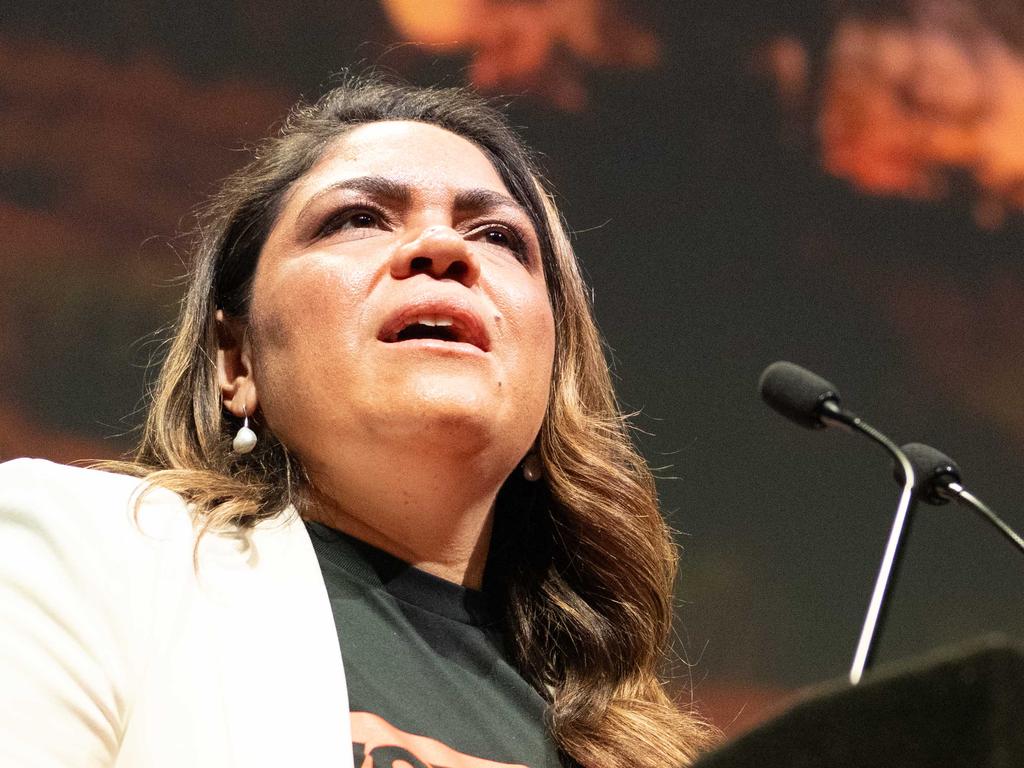
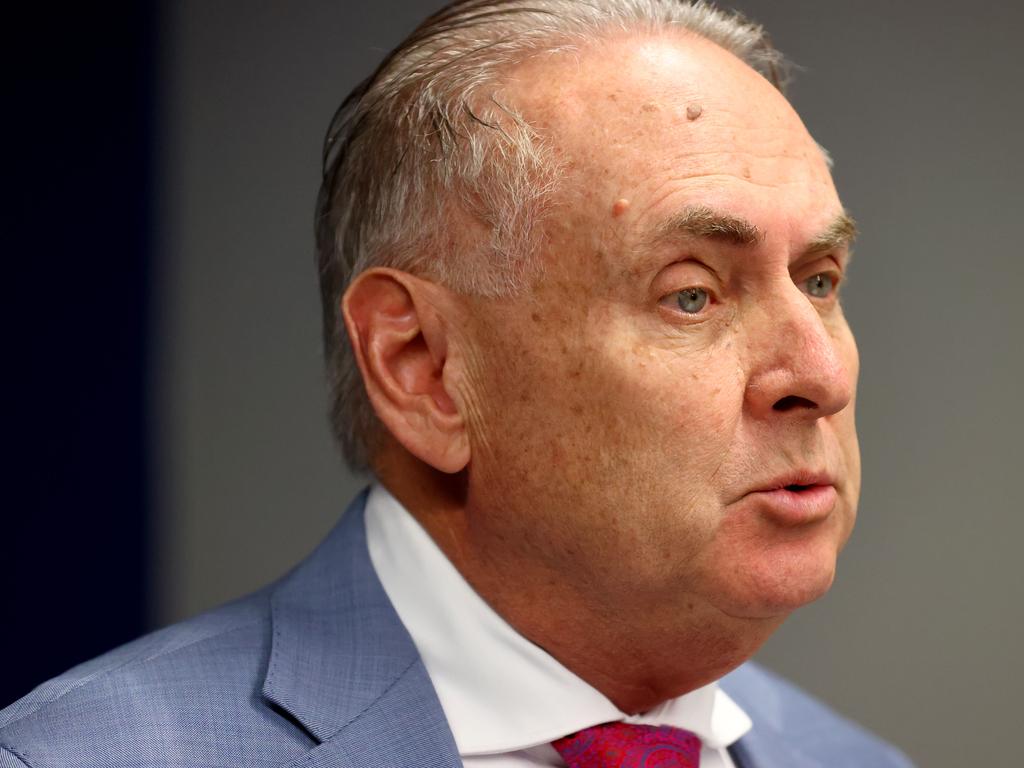


To join the conversation, please log in. Don't have an account? Register
Join the conversation, you are commenting as Logout